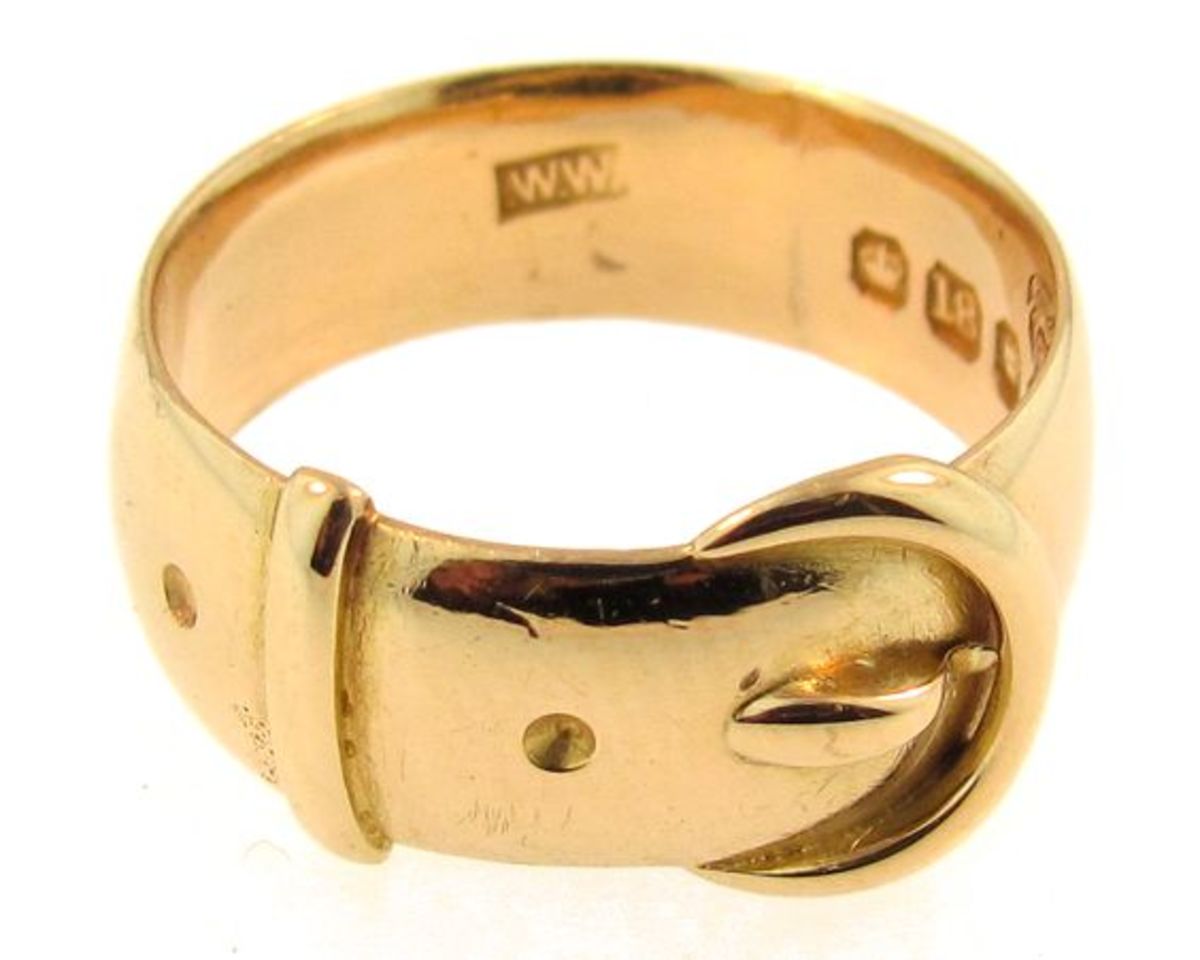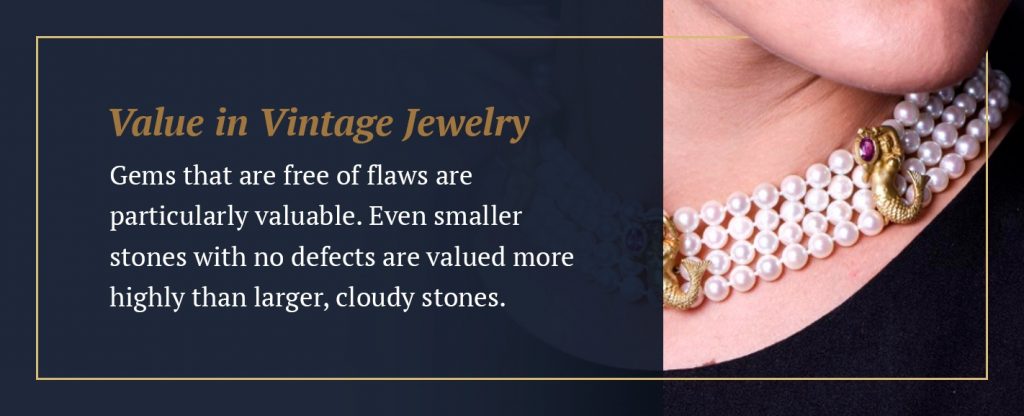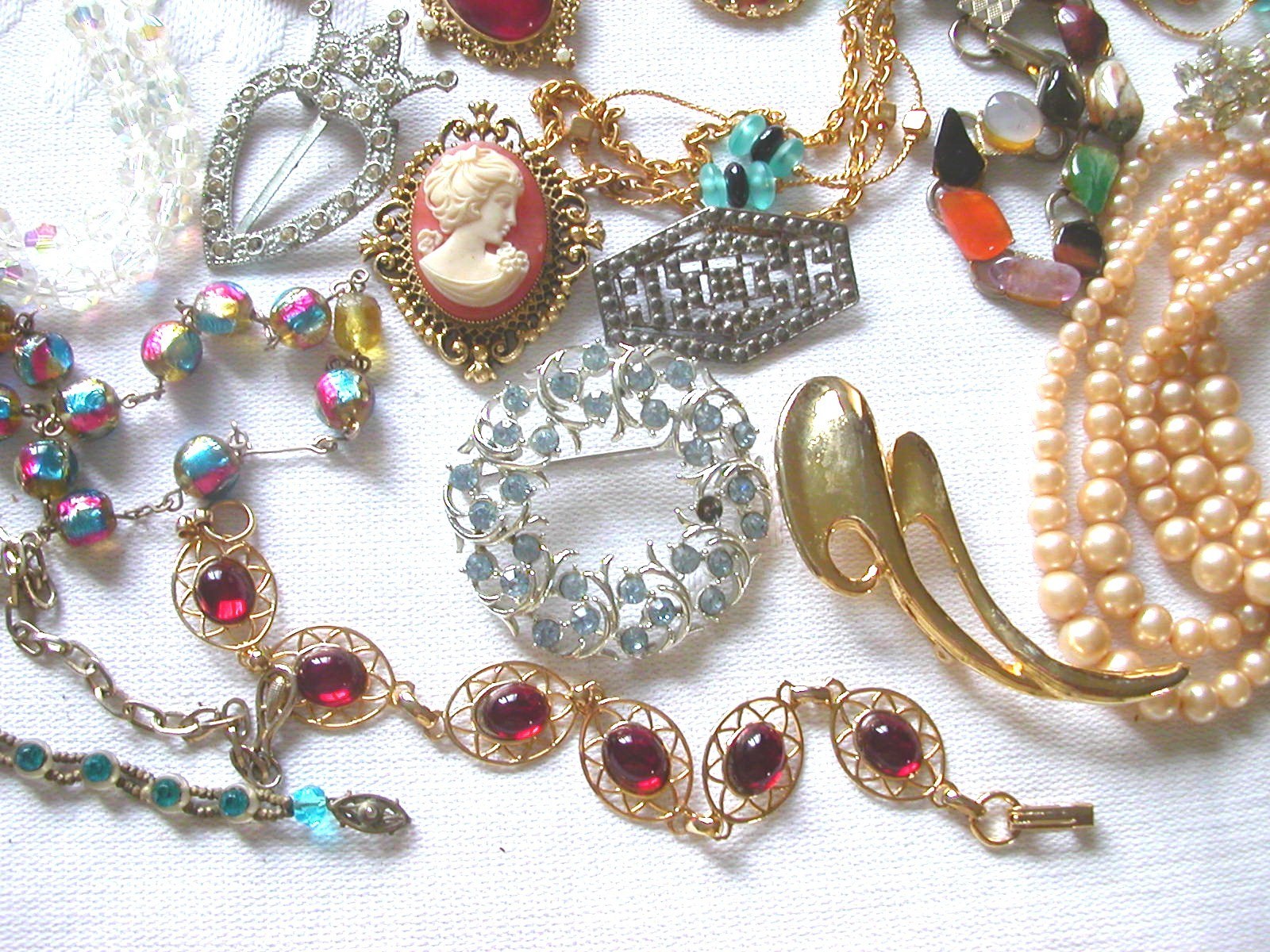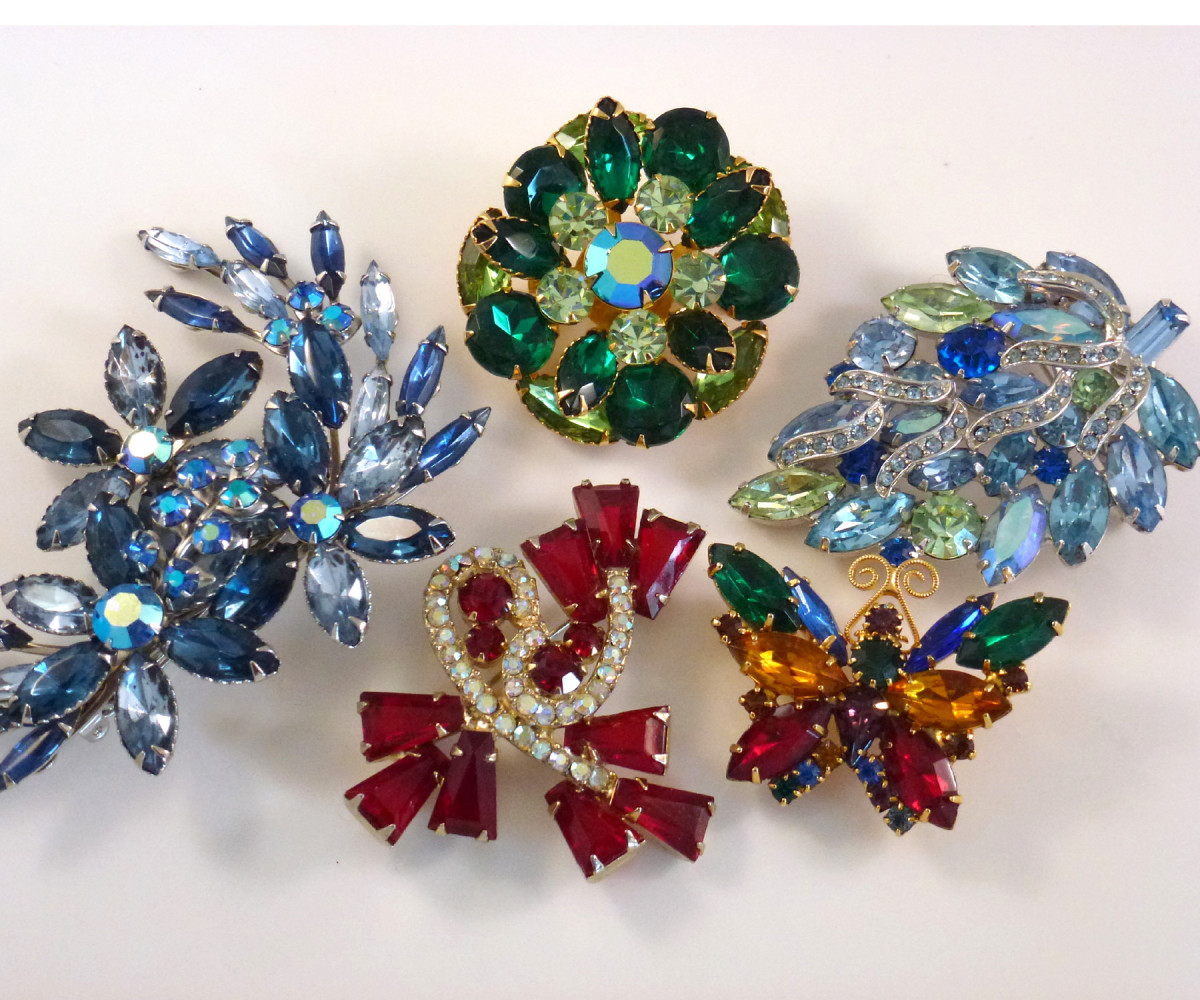Uncovering The Value Of Your Antique Jewelry: A Guide To Finding Reputable Buyers
Uncovering the Value of Your Antique Jewelry: A Guide to Finding Reputable Buyers
Related Articles: Uncovering the Value of Your Antique Jewelry: A Guide to Finding Reputable Buyers
Introduction
With great pleasure, we will explore the intriguing topic related to Uncovering the Value of Your Antique Jewelry: A Guide to Finding Reputable Buyers. Let’s weave interesting information and offer fresh perspectives to the readers.
Table of Content
Uncovering the Value of Your Antique Jewelry: A Guide to Finding Reputable Buyers

Antique jewelry, with its intricate designs, historical significance, and enduring beauty, holds a unique allure. Beyond its aesthetic appeal, antique jewelry often represents a tangible link to the past, carrying stories of generations gone by. For those fortunate enough to possess such treasures, the question often arises: "How can I find the right buyer to appreciate and value my antique jewelry?"
This comprehensive guide aims to provide clarity and direction for anyone seeking to sell antique jewelry, demystifying the process and equipping individuals with the knowledge to navigate the market confidently.
Understanding the World of Antique Jewelry Buyers
The landscape of antique jewelry buyers is diverse, encompassing individuals, businesses, and online platforms, each catering to different needs and preferences.
1. Local Antique Dealers and Jewelry Stores:
- Advantages: Local dealers offer personalized service, allowing for face-to-face interaction and expert appraisal. They often have established relationships with collectors and clientele, potentially leading to faster sales.
- Considerations: Local dealers may have specific areas of expertise and may not be interested in all types of antique jewelry. It is crucial to research their reputation and the types of pieces they specialize in.
2. Auction Houses:
- Advantages: Auction houses provide a platform for competitive bidding, potentially leading to higher prices. They have a global reach, attracting a wider pool of potential buyers.
- Considerations: Auction fees can be substantial, and there is no guarantee of a sale. The process can be time-consuming, involving pre-sale appraisals and marketing.
3. Online Marketplaces and Auction Sites:
- Advantages: Online platforms offer a vast audience, reaching a wider range of potential buyers. They often provide convenient tools for listing and selling items, simplifying the process.
- Considerations: Online platforms can be crowded, making it challenging to stand out. There is a risk of scams and fraudulent activities. Thorough research and due diligence are essential.
4. Private Collectors:
- Advantages: Direct sales to collectors can offer competitive prices, as they often seek specific pieces to complete their collections.
- Considerations: Identifying private collectors requires networking and research. Direct sales may involve a longer sales cycle.
Key Factors to Consider When Choosing a Buyer:
- Expertise and Reputation: Look for buyers with demonstrable knowledge of antique jewelry, a good track record, and positive reviews.
- Appraisal Process: Ensure the buyer offers a transparent and thorough appraisal process, considering the piece’s age, materials, condition, and historical significance.
- Payment Terms: Clarify the payment terms, including the method, timeframe, and any associated fees.
- Communication and Transparency: Choose a buyer who communicates effectively, answers your questions openly, and provides regular updates throughout the process.
Tips for Maximizing the Value of Your Antique Jewelry:
- Thorough Research: Before contacting any buyer, gather as much information as possible about your piece, including its maker, materials, style, and historical context.
- Professional Appraisal: Consider obtaining a professional appraisal from a qualified gemologist or antique jewelry expert. This provides an objective assessment of your piece’s value.
- Quality Photographs: High-quality photographs are essential for showcasing your antique jewelry’s details and condition.
- Detailed Description: Craft a detailed description highlighting the unique features, history, and condition of your piece.
- Compare Offers: Do not settle for the first offer you receive. Explore options from multiple reputable buyers and compare their terms.
- Secure Payment: Ensure the payment method is secure and reliable, protecting you from potential scams.
Frequently Asked Questions (FAQs)
1. How do I find reputable antique jewelry buyers near me?
- Online Search: Start by searching online for "antique jewelry buyers near me" or "antique jewelry dealers near me."
- Local Antique Shops: Visit local antique shops and jewelry stores, inquiring about their buying practices.
- Auction Houses: Research auction houses in your area, noting their expertise and reputation.
- Networking: Talk to friends, family, and acquaintances who may have experience with antique jewelry.
2. What documents should I have ready when selling antique jewelry?
- Proof of Ownership: Provide any documentation demonstrating your ownership of the piece, such as receipts, insurance policies, or inheritance records.
- Appraisal Report: If available, present a professional appraisal report detailing the piece’s value.
- Certificate of Authenticity: If your piece comes with a certificate of authenticity, provide it to the buyer.
3. What questions should I ask potential buyers?
- What is your experience with antique jewelry?
- What is your appraisal process?
- What are your payment terms?
- Do you offer insurance for the piece during transportation?
- What is your policy on returns or disputes?
4. What are the common pitfalls to avoid when selling antique jewelry?
- Selling to Unqualified Buyers: Avoid selling to individuals who lack expertise or a proven track record.
- Accepting Low Offers: Do not undervalue your piece; research its market value and compare offers from multiple buyers.
- Ignoring Red Flags: Be wary of buyers who pressure you into quick sales, offer cash-only payments, or have unclear payment terms.
Conclusion
Selling antique jewelry requires a strategic approach, careful consideration, and a thorough understanding of the market. By researching reputable buyers, understanding their expertise and practices, and taking precautions to protect your interests, you can ensure a fair and rewarding experience. Remember, your antique jewelry holds a unique story, and finding the right buyer allows that story to continue, appreciated and valued for generations to come.
/CavinessCrystals-589d2f265f9b58819ccd55e0.jpg)







Closure
Thus, we hope this article has provided valuable insights into Uncovering the Value of Your Antique Jewelry: A Guide to Finding Reputable Buyers. We thank you for taking the time to read this article. See you in our next article!